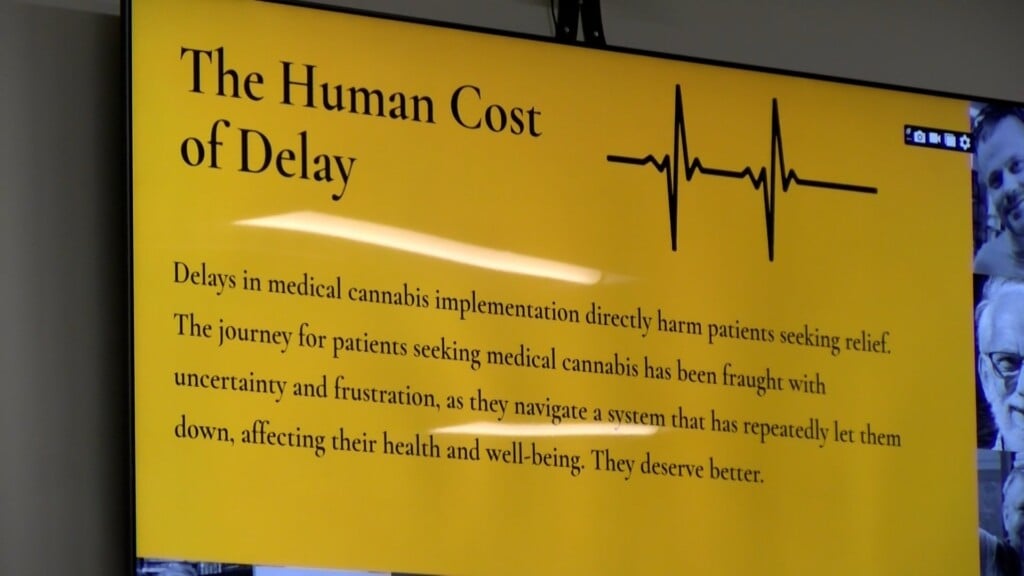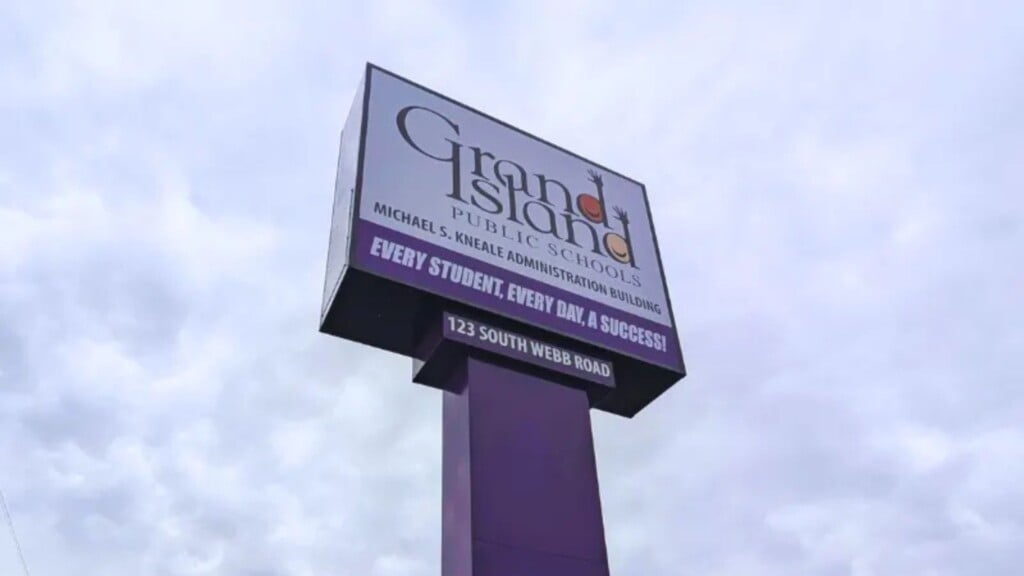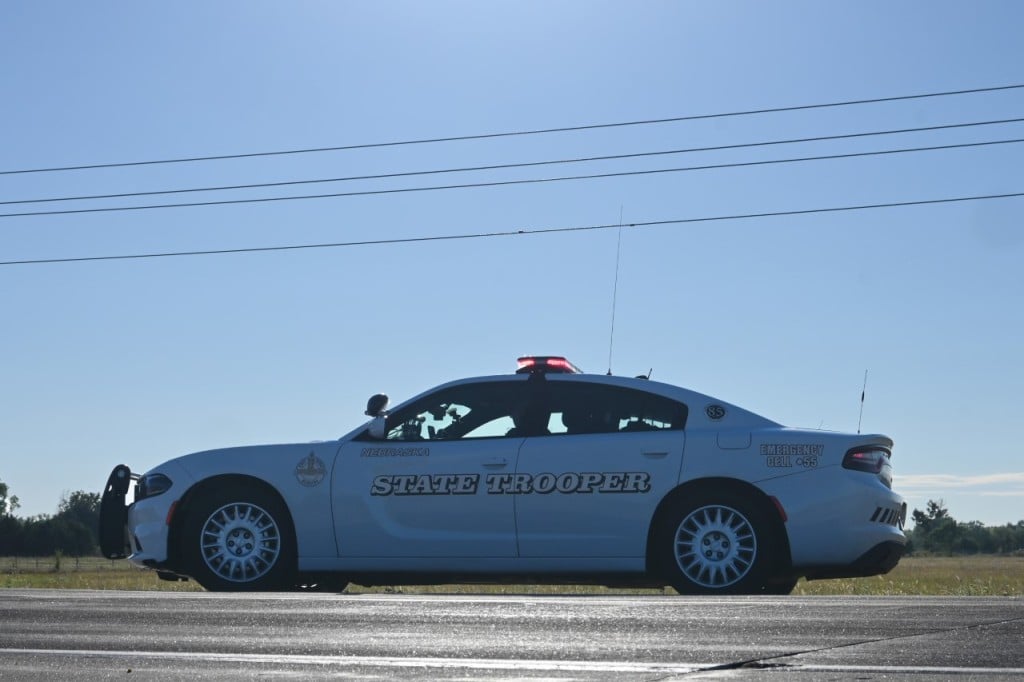As beef prices rise, a Nebraska restaurant ends its popular prime rib night
UNADILLA, Neb. (KLKN) — A restaurant and bar in a Nebraska village is reluctantly ending its community tradition of prime rib night indefinitely.
Malanie “Mal” Wallen, the owner of Mal’s Bar and Grill in Unadilla, said the customary weekly dinners were started by the previous owners.
When she took over the business in 2021, she said the most common request she received from patrons was to keep prime rib night going.
“It was a hit!” she said. “Everybody loves it, and that’s what people look forward to on Saturday night here.”
But last Saturday was the final prime rib night, where customers could buy a 12-ounce prime ribeye.
Wallen said the reaction of its end was not great.
“The whole entire night, the waitresses kept coming into the kitchen left and right, like, ‘People are so bummed that this is our last prime rib night; they want us to continue doing it,'” she said.
SEE ALSO: Why livestock is more profitable than crops right now in Nebraska
With prices of prime rib doubling in the last few weeks, she tried to keep serving it despite the costs by making the special dinner biweekly instead.
But ultimately, she made the decision to stop it.
“From a moral standpoint, I can’t continue it on when it’s going to be that much, especially since people enjoy it so much,” she said. “Like, I want them to be able to enjoy it, but I want their pockets to be able to enjoy it, too.”
If kept on the menu, a 12-ounce prime rib at Mal’s would go from $39 to nearly $70.
SEE ALSO: Ballooning beef prices pinch Nebraska butchers and consumers
The U.S. cattle supply is at a 74-year low, according to the U.S. Department of Agriculture.
Wallen said costs of beef have been continuously rising in the last few years.
She buys her beef from a major supplier, Sysco.
Wallen said she doesn’t purchase from local farms because the process is not as simple as most may think.
“It’s not like you can just have a farmer come in, butcher a cow and then we take the meat and sell it to customers,” she says. “There’s a lot of rules and regulations that go into it. Also, in order for them to be able to sell the prime rib beef to us, they have to be USDA certified.”
Wallen said the closest USDA-certified locker she’s aware of is in Wahoo, which is over an hour away.
She plans to continue monitoring the market and is hopeful that her customers will stay with her and enjoy her other menu options with pork, chicken and salmon.



